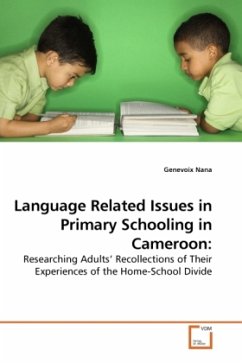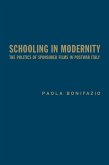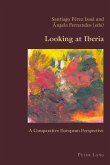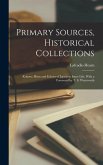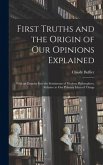Moving to school for the first time produces mixed feelings of emotion and apprehension. Emotion is born out of the conception of the move as a journey of discovery and experience. But like any other journey, unpredictable dangers may lie ahead, turning the journey into a nightmare. In the case of education which is an enduring journey, danger on the way may be perceived as an additional difficulty which can dishearten the traveller from taking a further mile; mostly when he/she is an inexperienced toddler. Using introspection as a means of recalling his own experiences of childhood and the move from home to school, the author built up themes and questions to interview 16 adult Cameroonians living in the UK about their home and school learning experiences. The study revealed that in the particular context of rural settings in Cameroon, it is not unusual for pupils to tussle to grasp and learn in the language of instruction when they start school. Study's findings also revealed that by limiting the learner s ability to speak only to the capacity of using the school language, school marginalises other discourse forms and the knowledge that they carry.
Bitte wählen Sie Ihr Anliegen aus.
Rechnungen
Retourenschein anfordern
Bestellstatus
Storno

